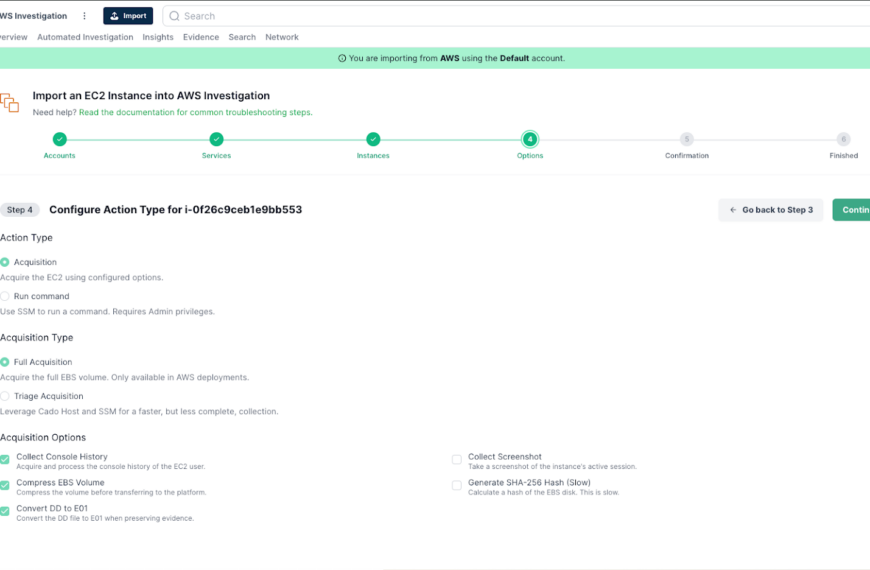Forensic Focus has reported before on the impact of cyber investigations on the mental health of digital forensic experts, particularly those who spend time analysing crimes involving child sexual abuse material (CSAM). Psychologists have known for many years that police officers and other analysts working in this area are in danger of psychological harm.
Digital forensic investigators speak of being unable to ‘unknow what they know’ and unsee what they have seen, plus the pressures of the job itself and the continual struggle to decompress. Compassion fatigue and emotional numbness, burnout, secondary PTSD and other negative impacts on mental health are a serious problem for investigators involved in digital forensics work, and the problem is getting worse, with the exponential increase in CSAM (partly fuelled by the increasing use of AI imagery, as we reported last week).
Here we will look at an overview of some of the ways in which CSAM affects investigators, from the stress of the job itself to a wider social impact on investigator’s families and relationships.
Primary Sources of Stress
In 2009 Meredith Krause published ‘In harm’s way: duty of care for child exploitation and pornography investigators’ in the FBI Law Enforcement Bulletin. This identified several primary sources of stress:
- repeated exposure to obscene content
- pressure to cover leads, make cases, and save live victims
- relative novelty of investigative approach and techniques
- dependence on technology and IT support personnel
- need for encryption, and defensible online legend/persona
- constantly changing “cyber landscape”
- unusual time demands of online chat
- inter-jurisdictional cooperation and coordination
Although this was published 15 years ago, psychologists such as Strickland, Kloess and Larkin say that this structure remains pertinent to digital forensic work in 2024, along with a focus (mentioned in the original article) on frontline police officers as being the ones who experience primary levels of stress.
Psychological Impact
Therapists point out that just because an analyst is working behind a screen does not mean that they are protected from the stress of an investigation, which manifests in a variety of forms: mood and sleep disorders, intrusive thoughts, diminishment of trust, paranoia, depression, hypervigilance and suicidal ideation. Moreover, analysts do not simply view material: an integral part of their job is to cover leads and save victims. The stakes are extremely high and the pressure is commensurate.
In a recent survey, one in four digital forensic investigators cited compassion fatigue and burnout as issues generated by their work, and in our previous article, we noted that 90% of digital forensic investigators commented that their work had affected them negatively. PTSD is evidenced to be significantly higher among analysts who view CSAM than among other law enforcement workers. Digital forensic investigators also report feelings of separation and isolation, not just from families but from other police officers who are not involved in this particular area to the same extent.
Professor Sarah Morris at the University of Southampton says:
“Mental health is really important in digital forensics because we often see upsetting things suddenly in our work. This can affect us deeply, especially since everyone has different things that upset them based on their past experiences. Seeing a lot of harmful material over time can really wear us down. Sadly, this job has led some people to leave for other jobs, retire early for health reasons, or even take their own lives. That shows how much we need good mental health support in this field. It helps us stay healthy and do our job well.”
Safeguarding Mental Health
Police forces are aware of the mental health implications associated with their work. For example, in the UK, there are mandatory regular psychological appointments across regional units and NCA for those working in CSEA departments, and warnings on the doors leading into those offices. This represents a step forward for organisations which tend to be socially conservative, which do not prioritise mental health and which regard seeking help as a sign of weakness in some cultures, such as the UK.
We spoke to one investigator who had to leave the field after their involvement with a major child abuse investigation:
“I consider myself the lucky one as I went off sick with ‘stress’. They decided it wasn’t PTSD – I didn’t fit the criteria – (I did) i.e. they didn’t want to pay compensation. Out of 3 [investigating] officers in the unit 2 died of cancer within a short time. I’m convinced it was stress related. I stopped working when I crashed my car 3 times in one week – and twice collapsed on [the] street for no reason. The NHS was useless [and] wanted to send me to group counselling – I asked if there were many depressed people in the group – and would they be more depressed if I explained the reason I was stressed, which was mainly the result of viewing images. I tried to dissociate but these burned into my brain. I am now very cynical, trust no one but also struggle sometimes with offending people as gallows humour was the only way to cope.”
These comments show both the damaging effects of working in this investigative field and the problems involved in accessing appropriate help. If you have any feedback or comments on anything contained within this article, please let us know at contact@forensicfocus.com.
If you have been affected by any of the issues raised in this article, these organisations may be of help:
UK
Samaritans – https://www.samaritans.org
Mind – https://www.mind.org.uk
Oscar Kilo – https://www.oscarkilo.org.uk/















